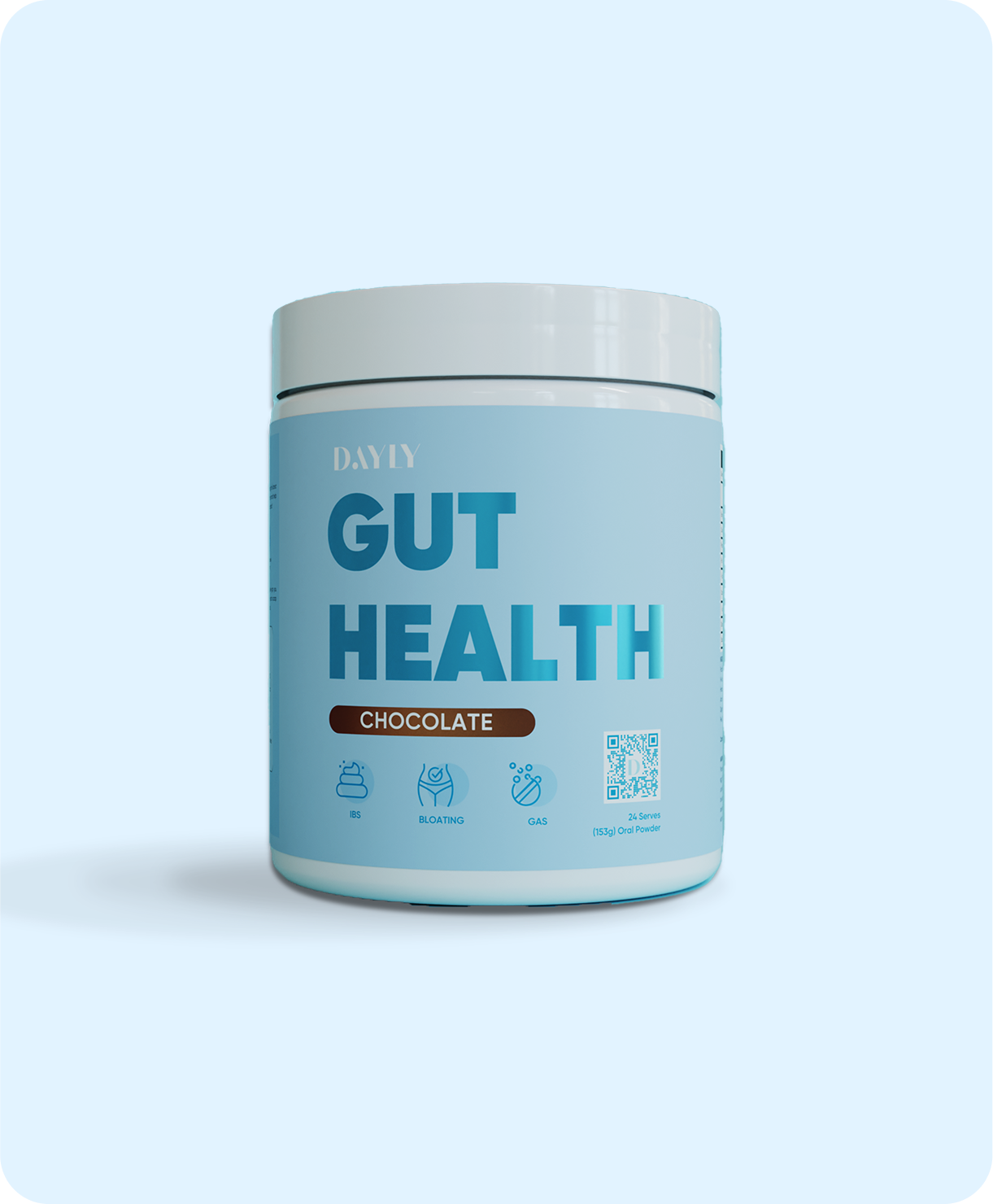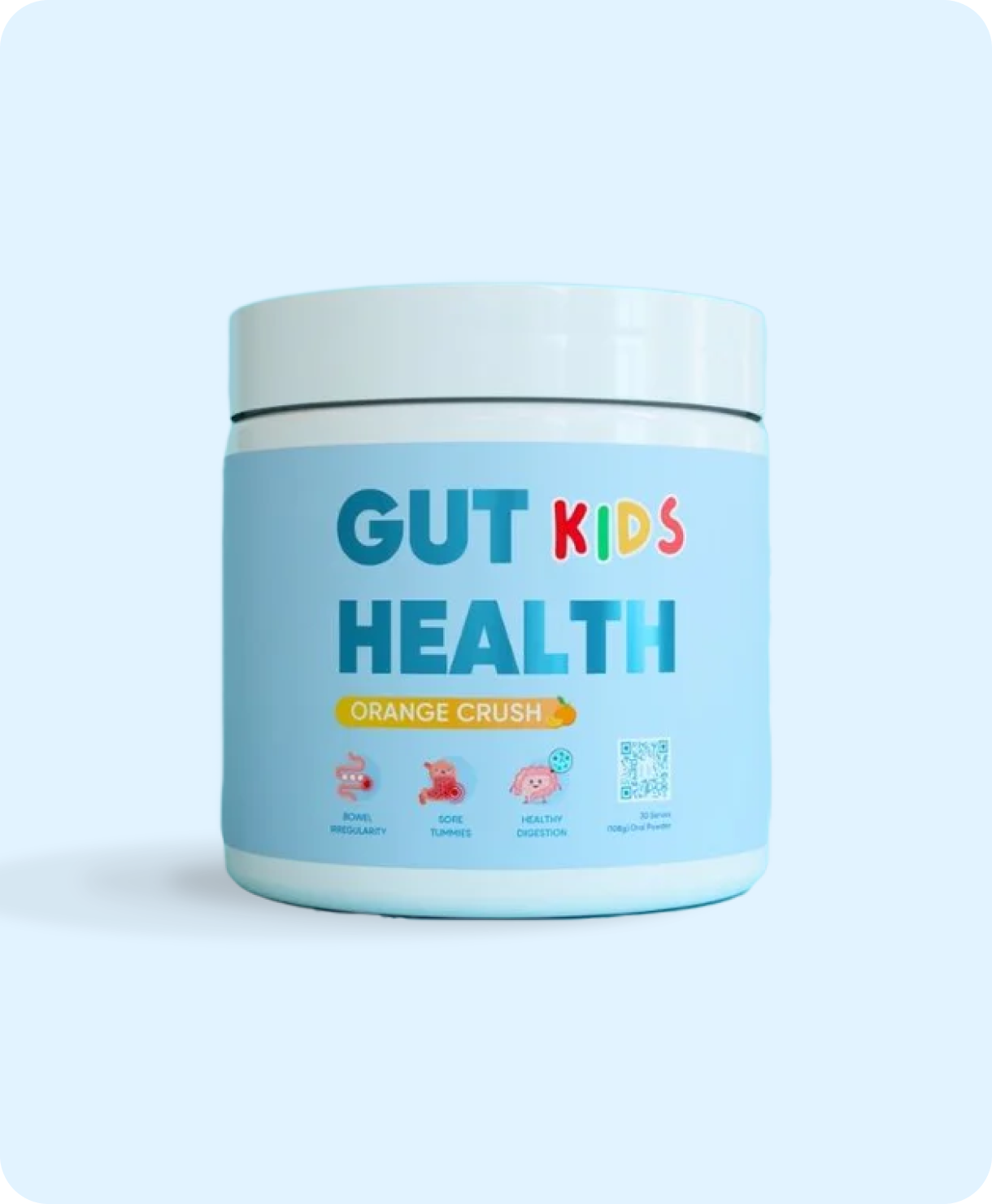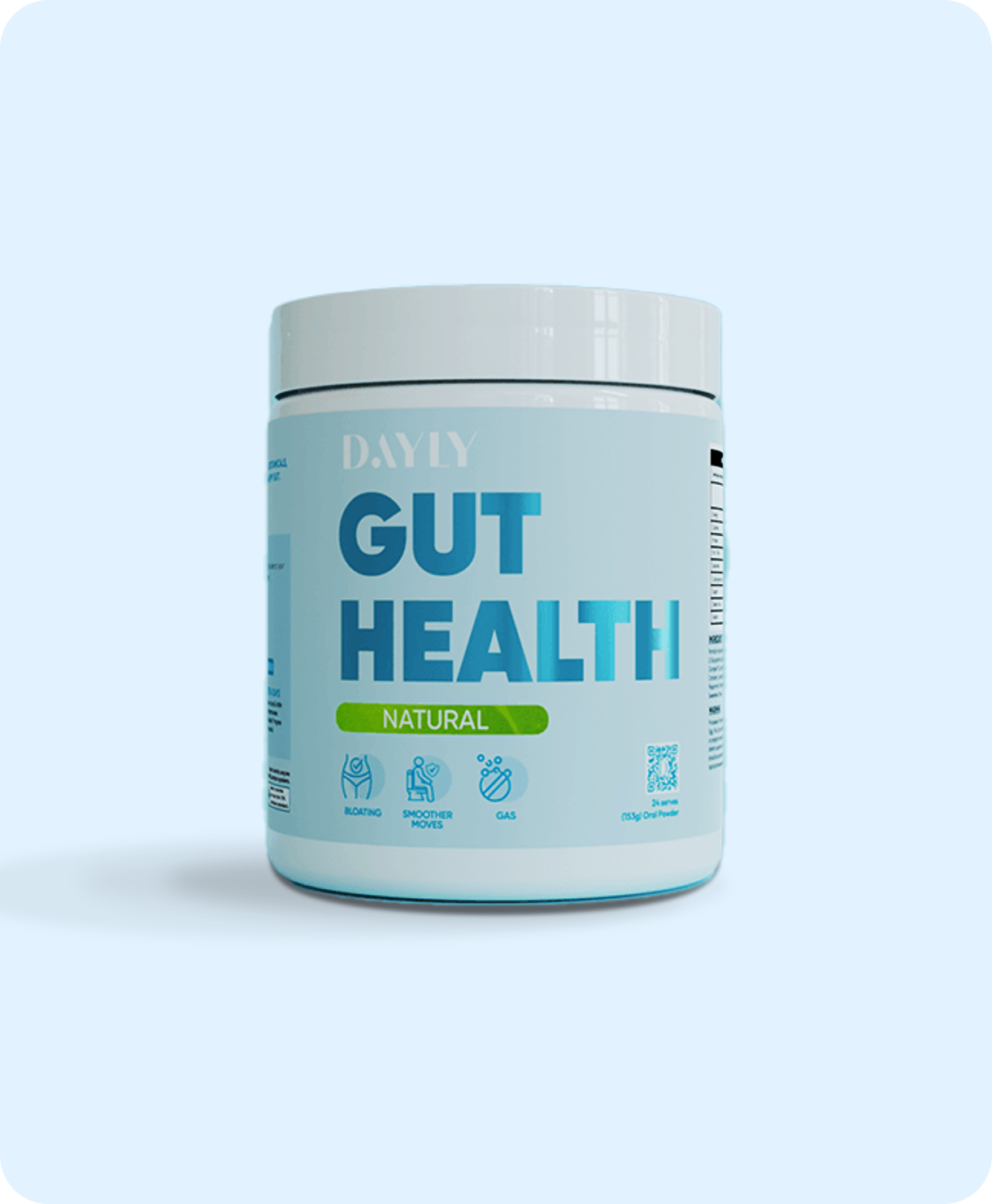Your cart is empty.
What is the gut microbiome?
The gut microbiome contains a lot of bacteria (100 trillion of them to be precise), both good and bad, and all crammed into your intestinal tract. There are ten times more microbes than there are human cells in your body, and they all play an important role in your health and well-being.
Your gut microbes are big players in the digestion game, they help to break down and absorb nutrients from the food you eat, giving you energy.
But, it’s so much more than that…
Gut health affects our immunity by helping to eliminate toxins and defend against harmful organisms. It’s involved in everything from regulating mood and appetite to the amount of energy our body can produce and expend.


Gut Stressors
Things such as poor diet, alcohol, stress, antibiotics, and other medications can wreak havoc on our gut health, upsetting this delicate balance of bacteria, causing what’s known as ‘dysbiosis’. These stressors can also cause gaps to form between intestinal cells, and for the gut to become ‘leaky’. Now, if this happens, undigested food, toxins, and pathogenic bacteria that were once prevented from crossing can now pass through the gut wall to enter the bloodstream, triggering an immune response. When this happens, it can not only limit our ability to not only digest and absorb nutrients, but also change the way our body reacts to certain foods, causing inflammation, and symptoms such as cramping, gas, bloating, and bowel irregularity.

Improving gut health
A healthy, resilient gut microbiome relies on the richness and biodiversity of microbes and has shown to be directly correlated with overall health and wellbeing. By consuming a diet that's rich in fruits, vegetables, fibre, fermented and whole foods, we can create the optimal conditions for our microbiome to flourish and for our body to work efficiently.







